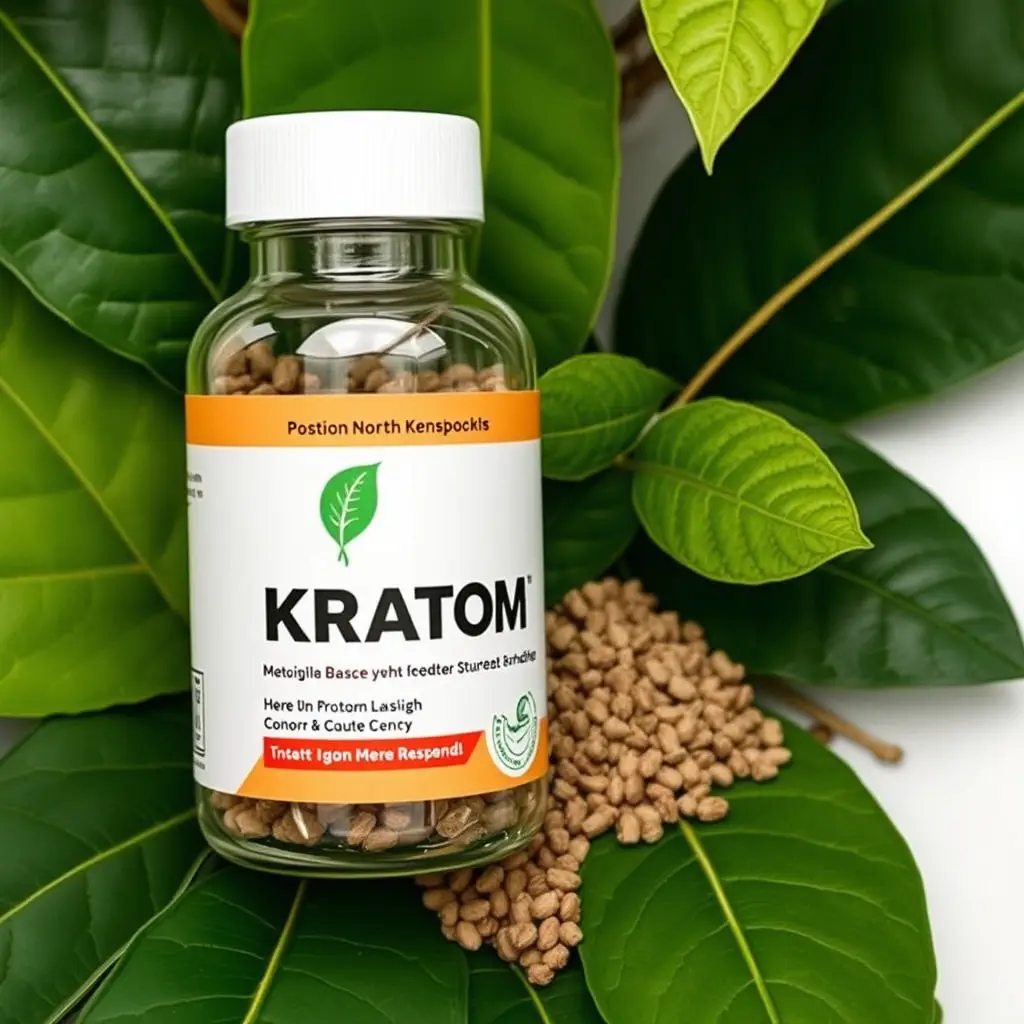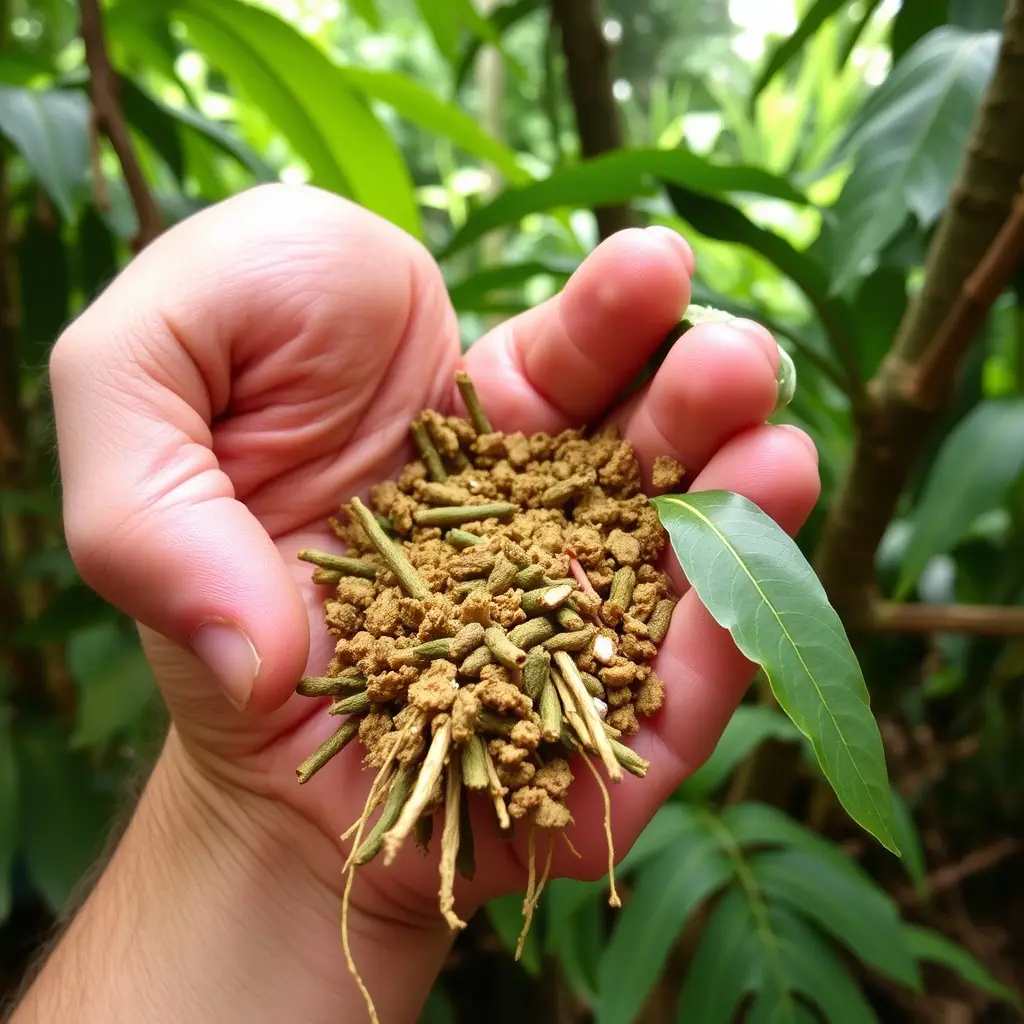Kratom, a plant from Southeast Asia with alkaloids like mitragynine and 7-hydroxymitragynine, is currently legal in North Carolina with specific regulations in place. Its use for potential cardiovascular benefits such as improved blood flow and reduced inflammation is under investigation, with ongoing research needed to fully understand its effects on heart health. In North Carolina, while kratom is federally legal in the U.S., it has been classified as a Schedule I controlled substance under state law, a classification that is subject to review due to its complex legal status. For individuals interested in kratom's cardiovascular properties, it is important to monitor both legislative changes and scientific findings. Healthcare professionals should be consulted for personalized advice and safety, given the potential risks and interactions with heart conditions or medications. As the legal landscape of kratom evolves, staying informed about its implications for cardiovascular health is crucial for making safe and well-informed decisions in North Carolina.
Exploring the intersection of herbal supplements and heart health, this article sheds light on kratom’s potential benefits for cardiovascular well-being, particularly within the regulatory framework of North Carolina. We delve into the legality of kratom in the state, its scientifically backed effects on cardiovascular health, and guidelines for safe consumption to optimize heart health. A key focus is how North Carolina residents can navigate these aspects to make informed decisions about incorporating kratom into their wellness routines.
- Navigating Kratom Legality and Its Impact on Cardiovascular Health: An Overview for North Carolina Residents
- Understanding Kratom's Role in Cardiovascular Health: Mechanisms, Benefits, and Scientific Evidence
- Safe Kratom Use for Improved Heart Health: Dosage, Best Practices, and Consumer Considerations in North Carolina
Navigating Kratom Legality and Its Impact on Cardiovascular Health: An Overview for North Carolina Residents

Kratom, a plant native to Southeast Asia, has gained attention for its potential effects on cardiovascular health. As North Carolina residents explore the implications of kratom on their heart well-being, it’s crucial to first understand its legal status within the state. Is kratom legal in North Carolina? The legality of kratom is subject to change and varies across different states and cities in the U.S. As of the knowledge cutoff date, kratom is legal at the federal level but subject to state-specific regulations. In North Carolina, it’s currently legal to purchase, possess, and consume kratom, with the caveat that it falls under the Controlled Substances Act as a Schedule I controlled substance due to its alkaloid mitragynine content. This classification is under review, which underscores the dynamic nature of kratom’s legal status.
The impact of kratom on cardiovascular health is an area of growing interest among researchers and healthcare professionals. Preliminary studies suggest that certain compounds in kratom may offer benefits to heart health by improving blood flow and reducing inflammation, which are critical factors for maintaining a healthy cardiovascular system. However, the long-term effects and appropriate dosing remain subjects of ongoing research. For North Carolina residents considering the use of kratom for its potential cardiovascular benefits, it’s imperative to stay informed about both the scientific findings and the evolving legal landscape. As with any supplement or medication, consulting with a healthcare provider before incorporating kratom into one’s health regimen is prudent to ensure safety and efficacy in the context of one’s unique health profile.
Understanding Kratom's Role in Cardiovascular Health: Mechanisms, Benefits, and Scientific Evidence
Kratom, a plant originating from Southeast Asia, has garnered attention for its potential effects on cardiovascular health. The primary active components in kratom, mitragynine and 7-hydroxymitragynine, interact with the body’s opioid receptors, which can influence various physiological systems including the heart. Studies have suggested that kratom may offer cardiovascular benefits due to its antihypertensive, anti-inflammatory, and vasodilatory properties. These mechanisms could potentially lower blood pressure, reduce inflammation within the cardiovascular system, and improve blood flow.
The scientific community is examining these effects through clinical trials and research studies. The evidence thus far indicates that kratom may have a role in mitigating risk factors associated with heart disease, such as hypertension and atherosclerosis. However, it is crucial for individuals to consult healthcare professionals before incorporating kratom into their health regimen, given the legal status of kratom varies by state. For instance, as of the knowledge cutoff in 2023, kratom is legal in North Carolina but subject to specific restrictions and regulations. This variability underscores the importance of understanding both the potential benefits and the legal framework surrounding kratom’s use for improved cardiovascular health. Ongoing research aims to clarify these effects and establish a more definitive understanding of how kratom can be integrated into cardiovascular care, while also adhering to the evolving legal landscape.
Safe Kratom Use for Improved Heart Health: Dosage, Best Practices, and Consumer Considerations in North Carolina

When considering the role of kratom for cardiovascular health, it’s crucial to approach its use with caution and informed guidance. Kratom, a plant-based substance derived from Mitragyna speciosa trees native to Southeast Asia, has been the subject of both interest and scrutiny in the realm of natural supplements. In North Carolina, where the legal status is clear, consumers can legally purchase and use kratom under state regulations. Safe kratom use for improved heart health involves careful dosage and adherence to best practices. Typically, a lower dose of kratom is associated with stimulating effects, which may benefit energy levels and mood, potentially contributing to cardiovascular health by reducing stress on the heart. Conversely, higher doses are more sedative in nature and may help alleviate pain and improve sleep quality, also indirectly supporting the cardiovascular system.
Consumers in North Carolina looking to use kratom for its potential cardiovascular benefits should start with a low dose to gauge individual responses. It’s advisable to consult with a healthcare provider before integrating kratom into one’s health regimen, especially for those with existing heart conditions or on medication. Additionally, purchasing from reputable sources is imperative to ensure the product’s purity and potency, as the market can be inconsistent in quality. Regular monitoring of one’s heart health through medical check-ups is also a key factor in maintaining cardiovascular wellness. By staying informed about state regulations regarding kratom legality, adhering to safe use guidelines, and considering individual health circumstances, consumers can make educated decisions that align with their pursuit of improved cardiovascular health in North Carolina.
In conclusion, the exploration of kratom’s potential impact on cardiovascular health for residents of North Carolina presents a complex and evolving picture. As outlined in this article, understanding the legality of kratom in North Carolina is a critical first step for individuals considering its use. The scientific evidence suggests that certain compounds found in kratom may offer benefits to heart health through various mechanisms, which have been detailed. However, it is imperative to approach the use of kratom with caution and adherence to best practices, including careful dosage and consideration of personal health factors. For North Carolina residents interested in exploring kratom as part of a holistic approach to cardiovascular wellness, consulting healthcare professionals and staying informed on the latest research and legal status is essential. This article aims to provide a clear and informative guide to navigating the potential of kratom for heart health within the legal framework set forth by North Carolina state laws.






